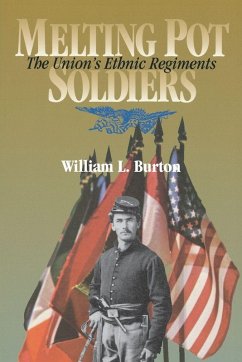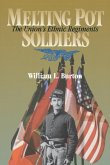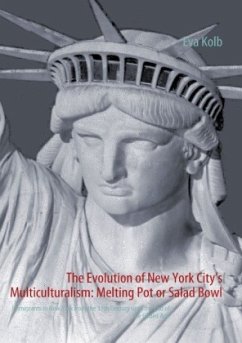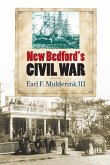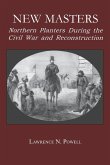Melting Pot Soldiers is the story of how immigrants responded to the drama of the Civil War. When the war began in 1861, there were, in most states in the North, large populations of immigrants (primarily from Western Europe) whose leaders were active in American politics at the local, state, and national level. A characteristic feature of the formation of the Union armies was the role played by politicians in the recruitment of the regiment, the basic unit of the army. There were dozens of such regiments, mostly German and Irish, but also a Scandinavian unit, and there was an attempt to form a Scottish regiment. As the war progressed and casualties mounted, these regiments gradually lost their ethnic composition. Ethnic entrepreneurs were the key figures in the organization of these regiments, and such men ordinarily intended to parlay their military service into a post-war political career. Some succeeded; some lost their lives. The book stresses the social and political situation in the Union states from which the phenomenon of the ethnic regiments emerged, the individual leaders involved, relationships with the larger society, political fighting within and between the various ethnic groups, and the impact the war had on the ethnics. Central to this book is the theme that the war promoted assimilation - something of a paradox given the creation of separate regiments. Most immigrant volunteers, by the way, served in regiments that were not of specific ethnicity.
Hinweis: Dieser Artikel kann nur an eine deutsche Lieferadresse ausgeliefert werden.
Hinweis: Dieser Artikel kann nur an eine deutsche Lieferadresse ausgeliefert werden.

